Chinese official discusses US missile system in South Korea: Report
A senior Chinese envoy has traveled to South Korea to discuss the controversial deployment of a US missile system in the South, to which Beijing is opposed, as well as North Korea’s nuclear and missile programs.
Wu Dawei, the special representative of the Chinese government for Korean Peninsula Affairs, arrived for a five-day visit in Seoul on Monday, according to South Korea’s Yonhap news agency. Wu was due to meet with South Korea’s Special Representative for Korean Peninsula Peace and Security Affairs Kim Hong-kyun.
The Chinese official is expected to express Beijing’s opposition to the recent installation of a US missile system in South Korea. He will also discuss North Korea, according to Yonhap.
The US missile system, known as the Terminal High-Altitude Area Defense (THAAD), is equipped with a powerful detection system known as an X band radar, which experts say would destabilize regional security and upset the region’s current military balance.
Beijing has repeatedly announced its opposition to the deployment and vowed to defend its security interests. But South Korea and the US say the sole purpose of the THAAD system is to guard against potential missile threats from North Korea.

North Korea has so far conducted five confirmed nuclear tests and numerous missile test-launches. While it has not fired missiles against other countries, it has vowed strong action — including missile attacks against South Korea — if it is invaded by the South and the US.
China, which is North Korea’s main ally, often backs Pyongyang but has had its own reservations about Pyongyang’s rapidly-developing missile and military nuclear programs. Beijing has already taken steps to increase pressure on Pyongyang over the matter.
Meanwhile, the US, which has military forces in South Korea, is further stoking tensions with the North and China by deploying a navy strike group in the western Pacific Ocean near the Korean Peninsula. The strike group, which includes an aircraft carrier, will make its way from Singapore toward the peninsula, a US official told Reuters on Saturday.
“We feel the increased presence is necessary,” the official was quoted as saying on the condition of anonymity.
Hezbollah attacks Israeli forces after Lebanese homes blown up
World leaders, states hail ICC arrest warrants for Netanyahu, Gallant
MP: US accountable for possible Israeli 'foolishness' to attack Iraq
VIDEO | Israeli policies strangle Palestinian agriculture, economy
Iran's president offers condolences to Pakistan over terrorist attack
Canada’s Yukon town council at standstill over refusing oath to King Charles
Yemen's Houthi calls for jihad to protect Palestine against Israel
VIDEO | Internal rifts within Israel



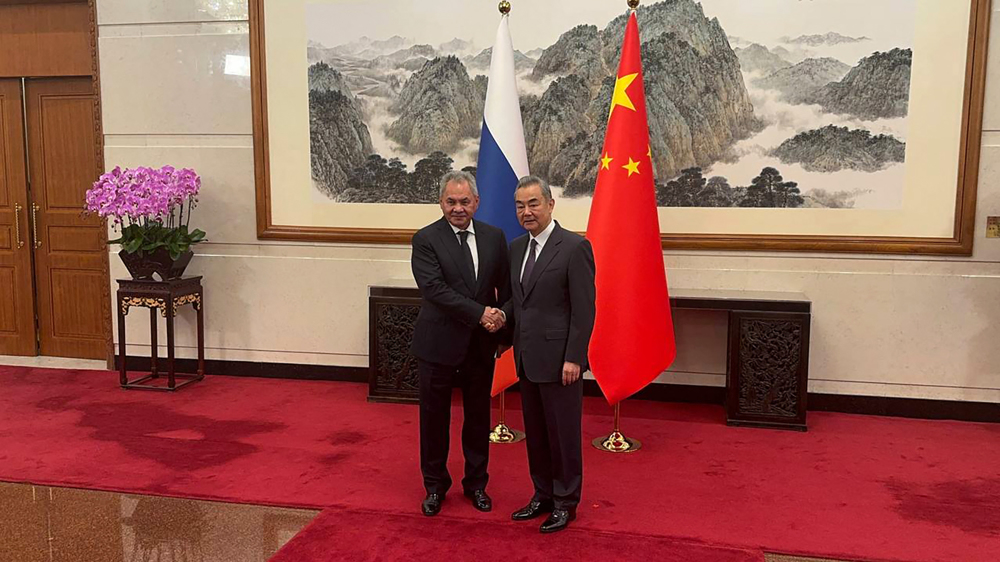
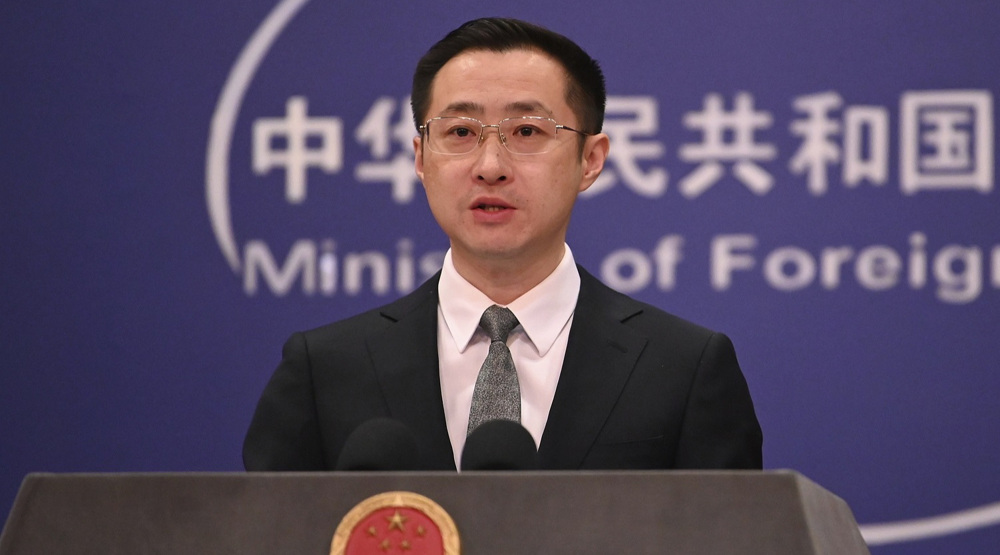
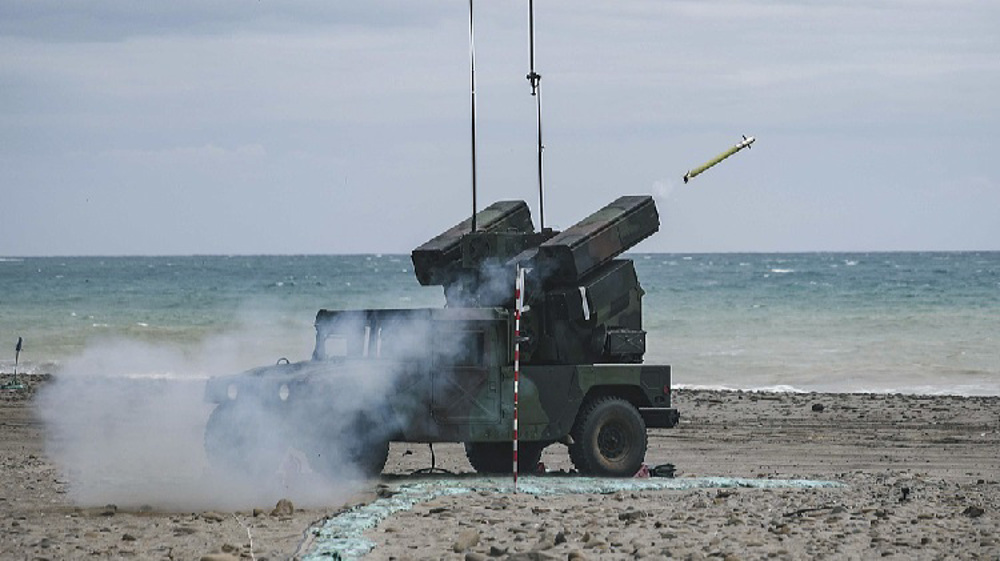



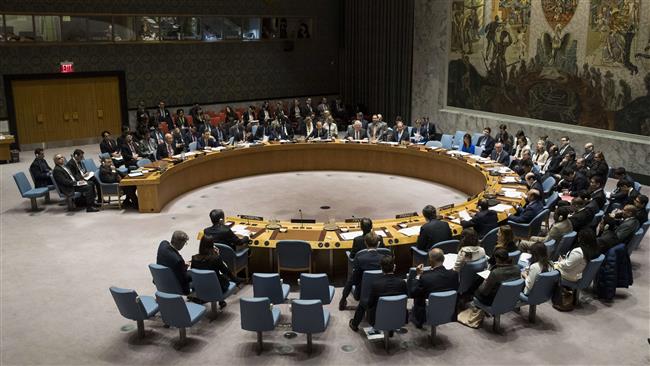
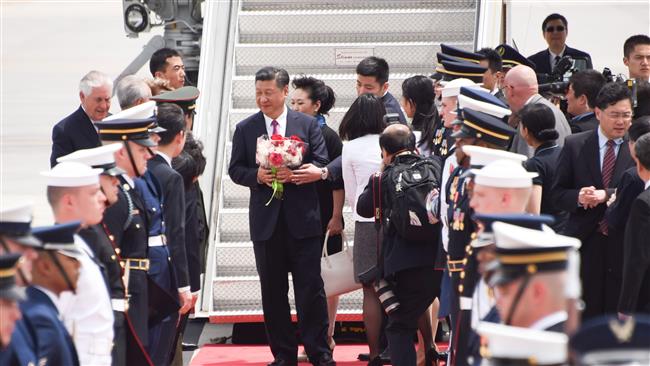
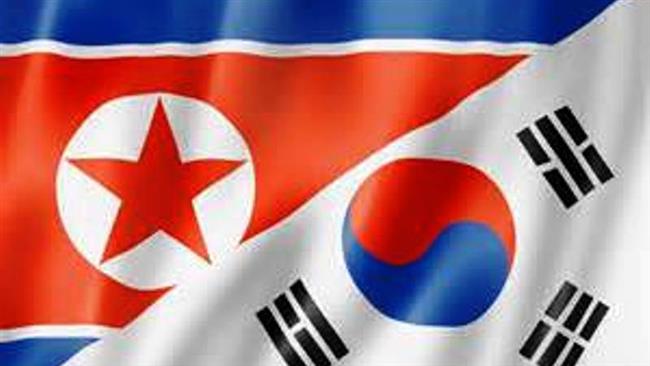
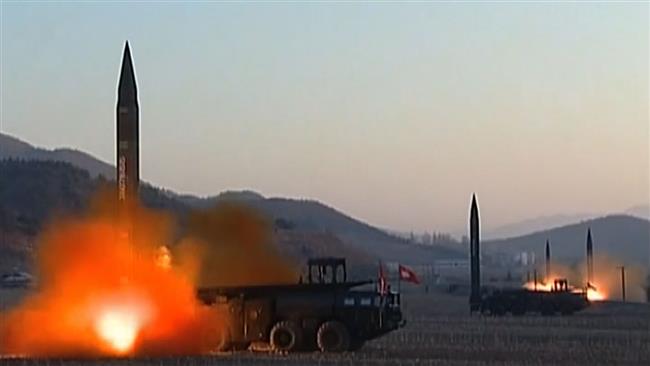

 This makes it easy to access the Press TV website
This makes it easy to access the Press TV website